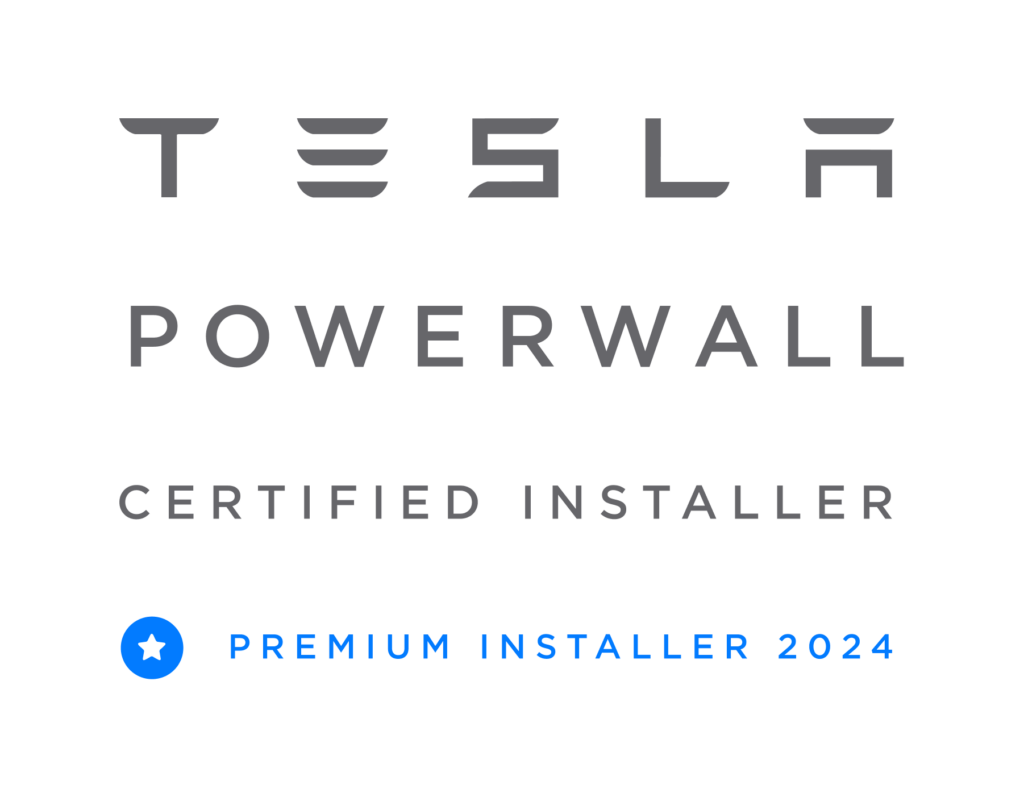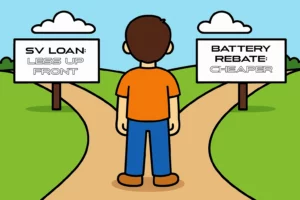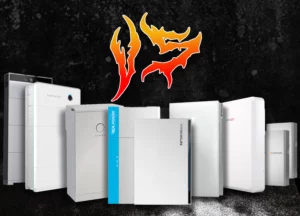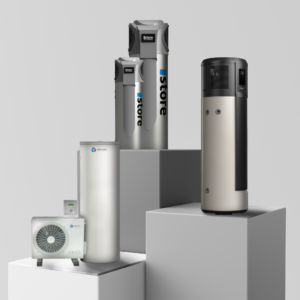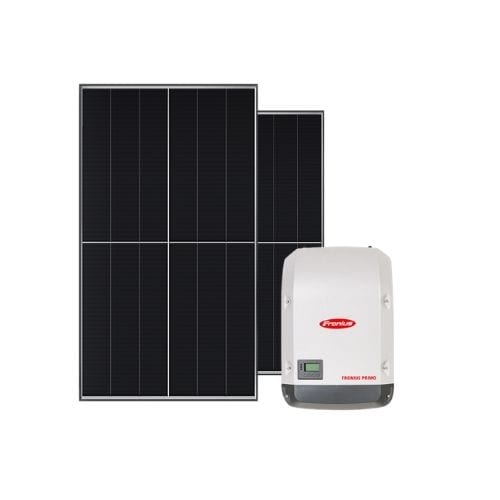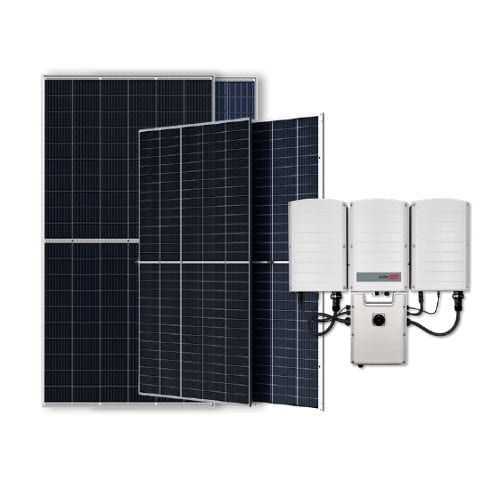Revolutionizing EV Manufacturing: Battery Recycling Paves the Way to Sustainability
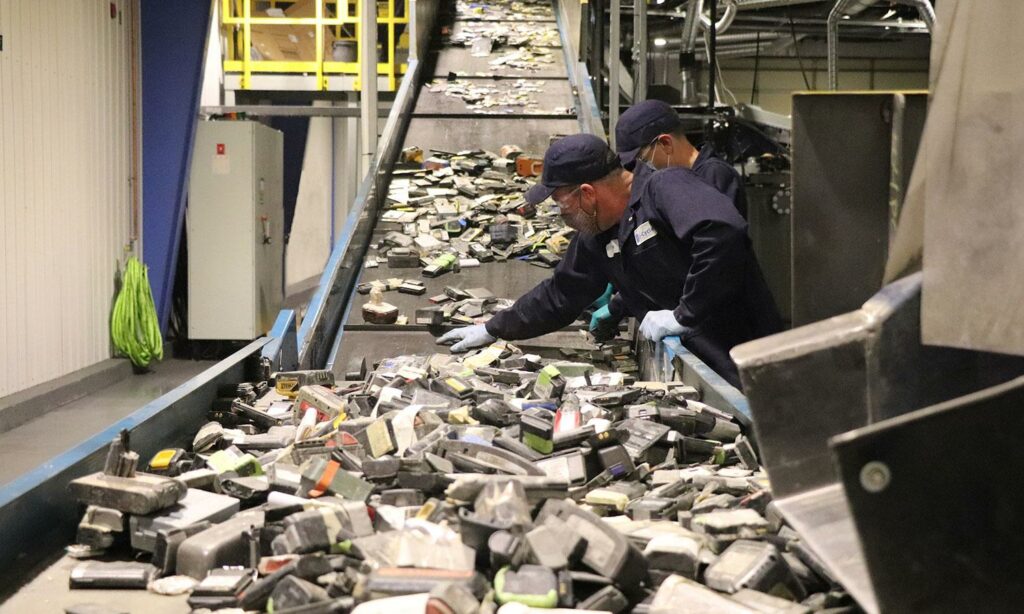
In the dynamic landscape of the electric vehicle (EV) industry, sustainability is emerging as a core principle driving innovation. Amidst the electrification revolution, a critical component—battery recycling—is poised to reshape the way we produce EVs and harness the potential of renewable energy. This recycling revolution is more than just a trend; it’s a transformative force that holds the promise of a more environmentally friendly and resource-efficient future.
Helping Secure Scarse Materials
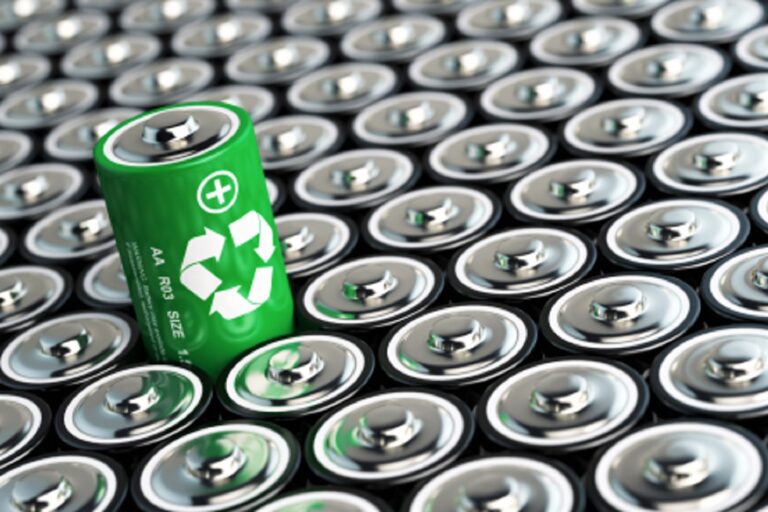
As the demand for lithium-ion batteries soars due to the exponential growth of EV adoption, concerns about the availability of critical metals have surfaced. These metals—such as lithium, cobalt, and nickel—are essential for building battery cells, making them the lifeblood of the EV industry. However, relying solely on mining for these metals poses environmental and ethical challenges. Enter battery recycling, an ingenious solution that taps into the latent value of discarded batteries.
Changing the Expecations on Recovery
Historically, recycling used batteries was a complex and costly endeavor, hindered by inefficient recovery methods. Fortunately, recent technological advancements have catalyzed a revolution in battery recycling. These breakthroughs enable recyclers to efficiently dissolve and extract valuable metals from old batteries and manufacturing waste. Today’s recycling facilities can recover nearly all of the cobalt and nickel, and over 80% of the lithium from used batteries. The recyclable materials also include aluminum, copper, and graphite, creating a sustainable source of essential components.
Companies Taking Charge
Beyond mitigating the resource scarcity challenge, battery recycling aligns perfectly with the global shift toward a more sustainable and circular economy. It offers a promising alternative to mining, which often leads to environmental degradation and human rights concerns. As the demand for EVs continues to surge, recycling becomes a strategic ally in achieving sustainable manufacturing practices. Notable examples of this revolution can be found across the globe. China, a frontrunner in battery recycling, is already witnessing the success of recycling programs operated by subsidiaries of major battery companies. In Europe, policymakers are advocating extensive recycling regulations with mandates for battery manufacturers, while in North America, companies like Redwood Materials and Li-Cycle are rapidly expanding their operations with substantial investments. While recycling won’t single-handedly satisfy the soaring demand for batteries, it undeniably plays a pivotal role in the journey toward sustainability. As the EV market continues to grow, the integration of recycled materials into battery production offers multiple advantages. Not only does it reduce the need for resource-intensive mining operations, but it also minimizes the industry’s carbon footprint.”
Visions For the Future:
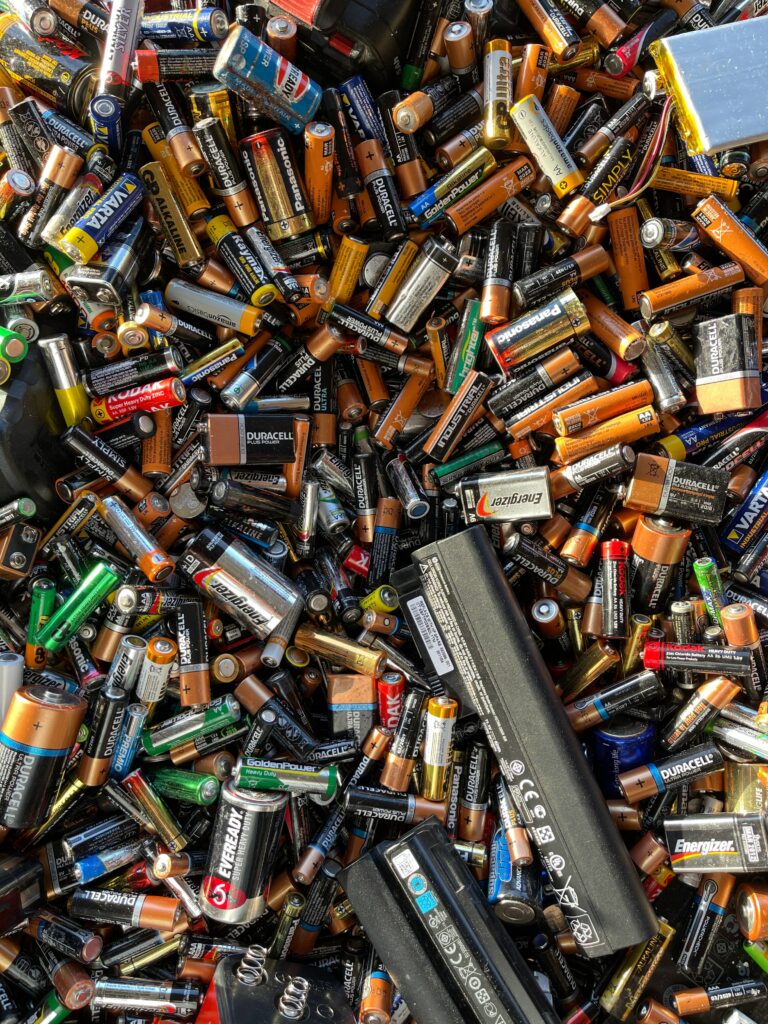
The vision of a greener future extends beyond recycling itself. It envisions a world where old batteries, once seen as waste, are reincarnated as key components in new battery cells. This closed-loop approach addresses the pressing concerns of material scarcity and waste disposal. As battery recycling technology evolves, its significance will only magnify, ensuring that the electric mobility revolution is not just sustainable but truly transformative.
In the relentless pursuit of a sustainable and cleaner future, recycling emerges as a beacon of hope. By harnessing the latent potential of used batteries, we are pioneering a new era in EV manufacturing—one where innovation and environmental consciousness work hand in hand. As the global community accelerates its transition toward electric mobility, the recycling revolution becomes an inspiring testament to our ability to shape a world that thrives on sustainability.
Conclusion:
In the unfolding narrative of the electric vehicle revolution, battery recycling emerges as a pivotal chapter. It not only tackles the imminent challenges of resource scarcity but also aligns seamlessly with the overarching drive towards a circular and sustainable economy. As the world embraces electric mobility with increasing fervor, the demand for batteries escalates, underscoring the need for innovative solutions that minimize environmental impact.
Battery recycling isn’t a standalone solution, but rather a critical piece of the puzzle. It harmonizes with the larger goal of creating a harmonious coexistence between technological progress and ecological responsibility. By reimagining used batteries as valuable resources, we rewrite the script of manufacturing, moving towards a future where waste is repurposed, materials are conserved, and the carbon footprint is diminished.
As we stand at the crossroads of transformation, battery recycling shines as a beacon of hope. It beckons us to take action, to embrace sustainable practices, and to reshape industries in ways that reverberate positively across generations. The recycling revolution offers a tangible pathway to a greener tomorrow—one where discarded batteries become the building blocks of progress, and where the electric mobility landscape flourishes in harmony with our planet’s wellbeing. The road ahead is one of challenges and triumphs, innovation and perseverance, all converging to create a world where sustainability is not just a choice, but an inherent way of life.
Share With Your Friends!
About your author...
Luke Cove
On a mission to electrify Australia. Luke is known for being at the forefront of his industry offering design, supply, installation and advice on solar panels, solar batteries, lighting, electric vehicles and chargers.
Luke has been known to invest most of his time (and money) in helping people create and experience new lifestyles through clean energy at home, business and with their cars. As well as investing his time training the next generation of climate enthusiasts through his team at Lightning Energy.




